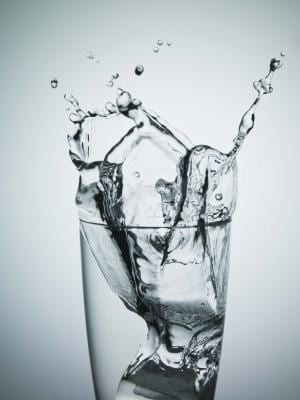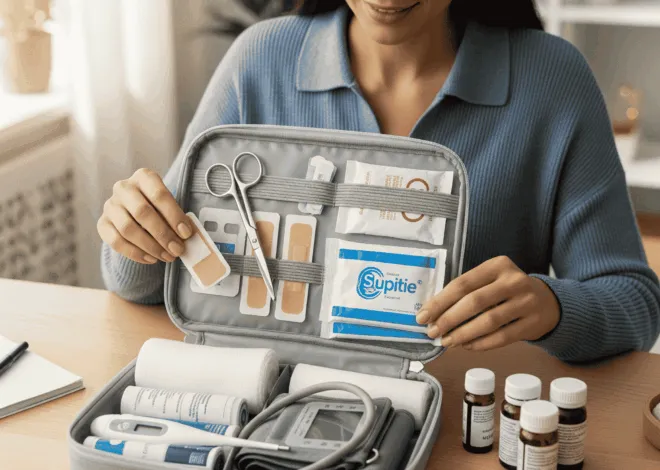Children often ask for something to drink as a way to get attention. Just as you get her to bed and settle down with a new movie, you hear, “Mommy, I’m thirsty,” but what happens when the thirst is real and unquenchable? Children develop excessive thirst for many reasons. Understanding the different causes of excessive thirst and what to do about it can help alleviate your concerns.
Features
Features of excessive thirst in children are not always obvious to the adults around them. You may get a steady stream of requests for juice boxes, sodas and other beverages; however, when you pass them out, they take two sips, set them down on the counter and run back out to play. Features of excessive thirst include the draining of whatever drink the child is given. In addition, the relief is short-lived and the child is back, asking for something else to drink.
Types
Diabetes, severe dehydration and medications can all cause excessive thirst in children. When severe dehydration is the culprit, the child may also have a dry mouth, not urinate and become very fussy or drowsy. Increased urination, fatigue, cuts not healing quickly and excessive thirst, are all indicators of diabetes. Certain medications, including children’s sinus and allergy medications, can cause dry mouth and may prompt excessive thirst.
Causes
There are several known causes for excessive childhood thirst. Severe diarrhea, excessive vomiting — regardless of the cause — and playing in high temperatures are all potential triggers for dehydration, which can lead to excessive thirst.
A fever can also trigger a dehydration episode. Many illnesses and infections cause fevers in children.
Diabetes is a medical disorder that has a genetic component. Juvenile diabetes requires careful supervision by an endocrinologist. The exact cause of juvenile diabetes is not known, but suspected risk factors include a family history of diabetes and a lack of vitamin D in the diet.
Treatments
The treatment for excessive thirst depends largely on what the underlying cause turns out to be. Treating diabetes with insulin or dietary changes will help reduce the excessive thirst in a child. If the cause is severe dehydration, getting fluids into the body and getting the electrolytes in balance will remove the thirst. Changing medications will alleviate excessive thirst caused by medications the child was taking.
Diabetes and severe dehydration can be life-threatening if they are not properly treated; therefore, it is important to take your child to a physician to determine the cause of the excessive thirst before beginning treatment.
Prevention
Excessive thirst can be prevented by removing the underlying cause. Maintaining your diabetic child’s blood sugar within recommended limits will help curb the excessive thirst symptom. Making sure your child drinks plenty of water throughout the day, will stave off dehydration. Choosing medications that do not cause dry mouth will help your child keep his thirst under control. Once your child’s pediatrician determines the cause of your child’s excessive thirst, taking steps to prevent its recurrence will not be difficult.





